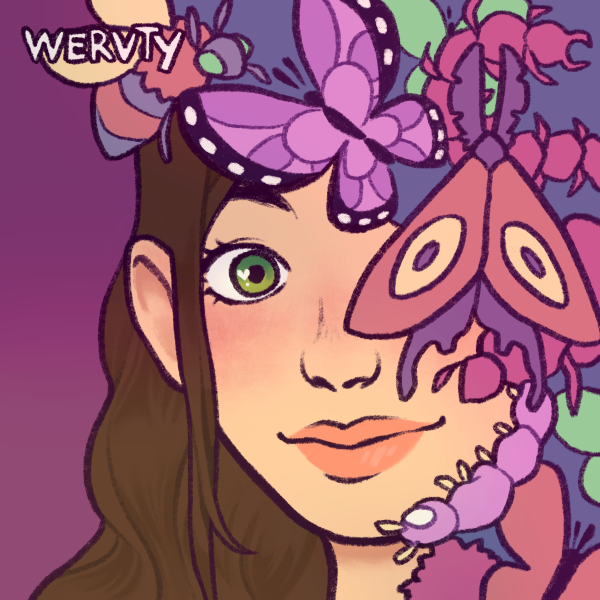I never thought I’d have to deal with this, but here we are. It’s not common sense that racism is shameful and bad.
I teach a group of fourteen-year-olds who still think dropping the n-word is funny, but I can deal with those situations and made it pretty clear to them that if I ever hear it (or anything similar) in my classroom, they will have earned a ticket to the principal’s office and I will be talking to their parents.
However, there is a more complex situation that has been occupying my mind lately and I would appreciate your thoughts and advice.
A kid turned up to my class wearing ladder laced boots with white laces. (For those who don’t know, this means the person is a white supremacist, lace colour was/is used to showcase identity and can differ from place to place) It caught my eye when I heard her asking a friend if her laces were visible enough the way she folded the cargo pants she was wearing. I asked her if she was aware of the meaning of white laces and she said yes, but added that according to her skinhead friend, lace code was no longer taken seriously. I told her that while that is true, you can still get in a lot of trouble in certain places and that I do not want to see it on her again.
I also mentioned it to another teacher who immediately went and talked to her about it, but I feel like she is going to keep wearing the laces as a fuck you.
She wants to be cool and edgy, but she has no idea what shaky ground she’s on. She often makes racist remarks, but nothing that could get her into trouble so far.
I will stand my ground and speak to the principal about this if she continues wearing the laces, but very very few people know about their meaning so it’s not taken as seriously as if she wore a swastika or something similar. Still, I told her that if I know (and I’m not in those circles) then someone else will, too.
The bigger question here is sensitization, how I could not just enforce not showcasing racism symbols as a part of her outfit but to get through to her and the others who might think they are cool and edgy.
Thank you for reading!


Also, if you allow me to pick your brain with another question: How would you react to a student using the n-word or a similar, generally recognised expression, especially with people of that group present?
You might benefit from Restorative Justice practices. https://www.iirp.edu/school-resources/guides-for-implementation
There are many RJ practices out there. The general schema is to involve all parties when harm is committed to collectively address or seek to heal from the harm. Your student might benefit from empathetic writing prompts.
“I said _____. It made me feel _____. I think others would feel ____.”
That’s a really useful link. Thanks for sharing it!
I would go serious to show that it’s not funny, but also calm to prevent defensiveness.
I would then pick apart why they said it. Asking “why did you feel the need to say that?”, and then explaining how that makes ME feel about it, is a great starting point. For any sort of disruptive behaviour the best approach (in my opinion) is to be a mirror so they can see themselves through your eyes.
Example:
Teacher: why did you feel the need to say that?
Student: I dont know
T: did you find it funny?
S: I dont know, maybe. Other people say it too
(at this point don’t do the adult argument of “what other people do shouldnt concern you”)
T: well, I dont know how other students here feel about it, but personally I am disappointed in you. I thought better of you, and I would like to respect you, but right now I can not. It’s a word that has a very negative history, and I’d suggest you learn more about it, before using it so lightly next time.
I would also engage the students who are most affected by it and ask them to express how they feel about it.
Another good tactic is to turn it back on the perpetrator and ask them how they would feel if someone used so freely a term they found offensive.
Thank you, this is a really reasonable reply and leaves no space for jokes.